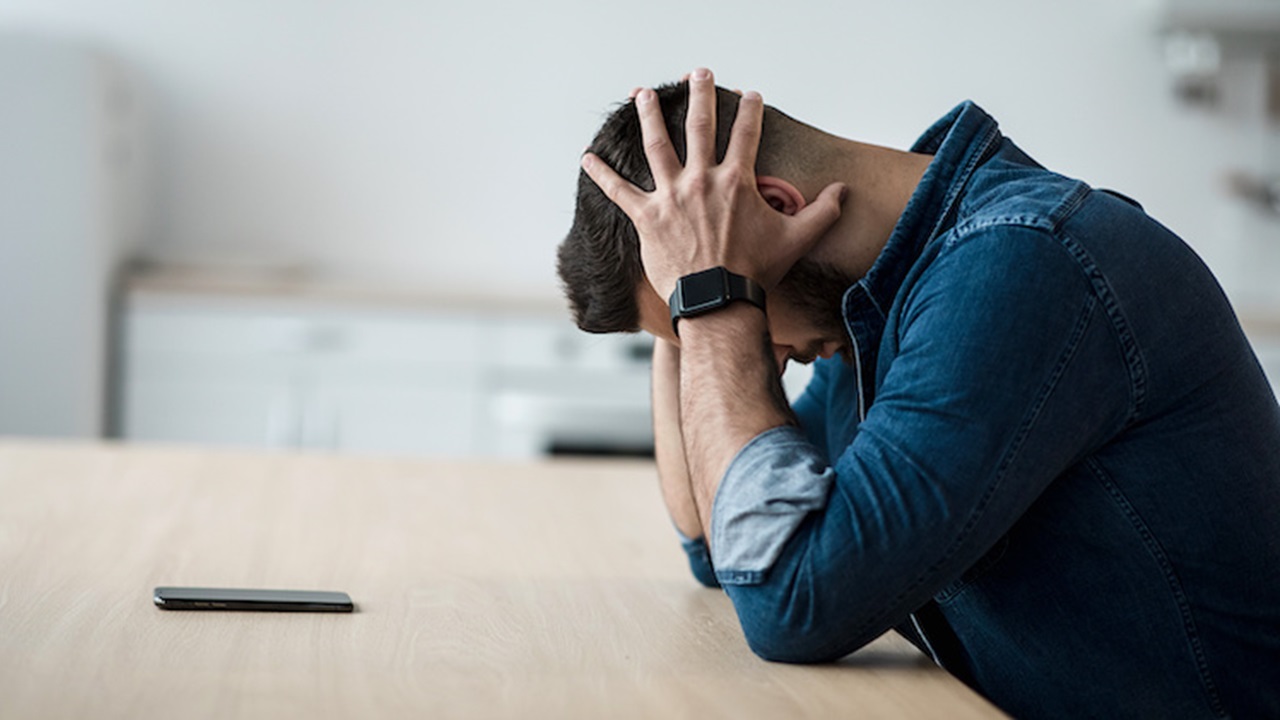Feeling overwhelmed lately? It happens to the best of us. The demands of work, family life, and other obligations pile up, putting us under constant pressure.
While a little stress now and then can give you a burst of productive energy, too much for too long can take a real toll on your health. One area where stress often rears its ugly head is in the bedroom. For many men, high stress levels lead to erectile dysfunction (ED).
In this article, we’ll explore the ways stress sabotages sexual function, how to know if stress is the culprit behind your ED, and practical methods to manage stress and improve overall well-being.
The Impact of Stress on Sexual Health
When you’re under constant stress, your body’s hormone balance gets thrown off. Elevated cortisol and the increased activity of the sympathetic nervous system can affect blood flow — one of the main ingredients for a healthy erection. In simpler terms, your body isn’t sending enough blood to where it’s needed when you’re stressed, making it harder to achieve or maintain an erection.
At the same time, stress tends to shift your focus. Instead of enjoying the moment, you might get caught up in worries about your performance. These intrusive thoughts can distract you and interfere with the natural responses required for arousal.
Some men use medications, such as Viagra and Cialis, to manage ED. However, while these medications address the physical side of ED, they do not directly tackle the psychological aspects — such as performance worries and stress-induced distractions. Often, combining these medications with strategies to manage stress leads to better overall outcomes.
Recognizing When Stress Is Causing ED
There are some clear signs that stress might be playing a role in your ED:
- Performance anxiety: If you often worry about how you’ll perform, those thoughts can really get in the way. When you’re constantly preoccupied with “what if I fail,” it becomes harder for your body to respond naturally.
- High-pressure situations: Notice if episodes of ED seem to happen during or right after periods of high stress, like busy workdays or personal challenges. These moments of pressure can trigger the physical responses that make it difficult to achieve an erection.
- Negative emotions: Feelings of embarrassment or lowered self-esteem after an episode of ED can be a sign that stress is taking its toll. These emotional reactions often feed into a cycle that makes ED more likely to happen again.
Managing Stress to Improve Sexual Health
Reducing stress is an important step in tackling ED. Here are a few ways to help manage stress and, in turn, improve your sexual health:
- Practice relaxation techniques: Simple practices like deep breathing, meditation, or even short relaxation exercises can lower cortisol levels and ease the stress response in your body. Taking just a few minutes each day for these activities can create a more relaxed state that’s better for your overall sexual function.
- Try cognitive-behavioral therapy (CBT): CBT can help you manage those intrusive thoughts and performance worries. By working on changing negative thought patterns, you can reduce anxiety during intimate moments, allowing your body to react more naturally.
- Combine treatments: Using stress management strategies along with standard ED treatments, like PDE5 inhibitors, can lead to better results than using medication alone. This approach takes care of both the physical and mental sides of the problem.
- Communicate openly: Sharing your experiences with your partner and healthcare provider can make a big difference. Open discussions can ease performance anxiety and build a supportive environment where you feel less alone in dealing with ED.
Practical Solutions for Everyday Life
Here are some everyday strategies that can help reduce stress and improve your sexual health:
- Work on your thought patterns: Consider learning techniques from CBT. Even if you’re not in therapy, practicing ways to challenge and change negative thoughts can make a difference. When you focus less on worries about performance, you allow your natural sexual response to take over.
- Talk to your doctor about ED medications: ED medications, particularly phosphodiesterase type 5 (PDE5) inhibitors, are widely used to improve blood flow to the penis.
- Talk with your partner: Honest conversations about how you feel and what you’re experiencing can reduce anxiety and help you both understand the situation better. This can make intimacy feel more relaxed and less pressured.
- Monitor your emotions: Pay attention to how you feel after an episode of ED. If you notice feelings like shame or decreased self-esteem, consider reaching out for support, whether it’s from a professional, a trusted friend, or your partner. Recognizing these emotions is an important step in breaking the cycle of stress and ED.
Conclusion
Erectile dysfunction is more than just a physical issue. It is closely intertwined with the effects of stress on both body and mind. When stress disrupts critical hormone levels and blood flow, and when performance anxiety takes hold, it can become difficult to achieve and maintain an erection.
Recognizing the signs of ED, such as performance anxiety and negative emotional reactions, is the first step toward improving sexual health. By actively managing stress through relaxation techniques, cognitive-behavioral approaches, a combination of treatments, and open communication, you can pave the way for a more satisfying sex life.
Want to unlock greater wellness?
Listen to our friends over at the Wellness + Wisdom Podcast to unlock your best self with Drew Canole of Organifi:










 Simple Habits to Boost Mental Health Every Day
Simple Habits to Boost Mental Health Every Day